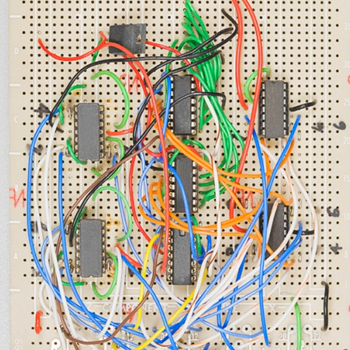A train travels a distance of 480 km at a uniform speed. If the speed had been 8 km/h less, then it would have taken 3 hours more to cover the same distance. What is the speed of the train?
2 Answers
Explanation:
Total Distance
Formula For Speed
Hence
Case-I
let the uniform speed of Train
and the time taken to complete distance
Distance
Case-II
If speed has been 8km/h less then train would have taken 3 hours more to cover the same distance.
Now in this situation
speed of train
and Time taken to complete distance
Distance
Since Distance for both cases are same .
Comparing equation 1 and equation 2, we get
cancel vt from both side
but from equation 1 the value of
factorize the quadratic equation
Speed is Positive hence
Explanation:
Suppose the speed of the train is
It takes
8 km/h slower, it would take
Now we've got the equation:
This can be solved as follows.
- Multiple both sides of the equation by
#x(x-8)# .
#480x = 480(x-8) +3x(x-8)# - Deform and factorize the equation to solve it.
#x^2-8x-1280=0#
#(x-40)(x+32)=0#
#x=40, -32#
Don't forget that the answer must be positive, so the speed
is
Let's check.
If we travel at 40 km/h, it takes 12 hours.
If we traveled at 32 km/h, it would take 15 hours, so the difference
is three hours and we've got the correct answer.


